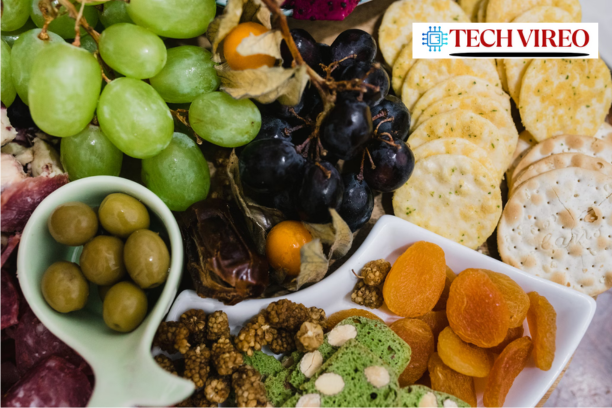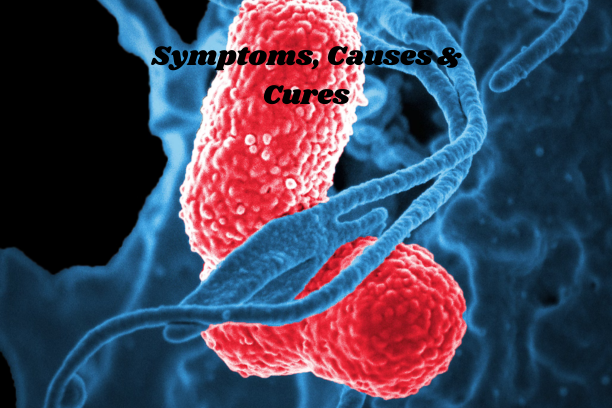The Weight-Gut Connection Everyone’s Talking About
Across the UK, USA, and Canada in 2025, weight loss and metabolism are hot health topics 9more than ever before. But the new science is clear: calorie counting alone no longer cuts it. A growing body of research confirms that gut health plays a critical role in weight management, fat metabolism, and overall wellness.
The shift toward microbiome-first strategies is rising fast. Instead of just cutting carbs or fasting, people are now focused on healing the gut microbiome to burn fat, reduce inflammation, and improve digestion naturally. It’s not a trend it’s a revolution.

How the Gut Microbiome Affects Weight Loss and Fat Storage
The human gut is home to trillions of bacteria, and these tiny organisms control far more than digestion—they influence how we store fat, burn calories, and regulate appetite and insulin.
When your gut microbiome is gut flora balance, your metabolism runs efficiently. But when it’s disrupted (think low microbial diversity), issues like insulin resistance, fat storage, and sluggish metabolism appear. Here’s how:
- Microbial Diversity: More species = better digestion and fat-burning support.
- Short-chain fatty acids (SCFAs): These metabolites from fiber fermentation help regulate energy and curb fat accumulation.
- Gut Barrier Health: Leaky gut or inflammation contributes to weight gain, bloating, and low energy.
The Role of Prebiotics and Probiotics in Metabolic Health
Prebiotics and probiotics for gut health are game-changers in 2025. Instead of pills and powders, nutritionists now prioritize whole-food sources and targeted strains.
- Prebiotics (like garlic, chicory root, and oats) feed your healthy bacteria.
- Probiotics (like kefir, kimchi, and coconut yogurt) introduce beneficial strains that support fat burning and reduce inflammation.
- Top Weight-Loss Strains: Lactobacillus gasseri and Bifidobacterium breve show promise in supporting lean body mass and metabolic improvements.
Signs Your Gut Is Slowing Down Your Metabolism
Not sure if your gut is working for or against your goals? These are red flags your digestive system might be sabotaging your metabolism:
- Bloating or gas after meals
- Frequent cravings (especially sugar)
- Stubborn belly fat
- Fatigue or brain fog
- Constipation or irregular bowel movements
These signs often point to a damaged gut lining or imbalanced microbiota. In 2025, personalized gut testing kits (available in UK, Canada, and the USA) are affordable and easy to use. They help identify issues like leaky gut, SIBO, or low microbial diversity.

Best Gut-Friendly Foods to Boost Metabolism Naturally
Want to heal your gut and accelerate fat-burning? Start with your grocery list:
- High-Fiber Foods
Asparagus, oats, leeks, and flaxseeds feed healthy bacteria and promote satiety.
- Fermented Foods
Kefir, sauerkraut, miso, kimchi support digestion and introduce live probiotics.
- Anti-Inflammatory Additions
Ginger, turmeric, green tea, and omega-3s reduce gut inflammation that slows your metabolism.
Avoid: artificial sweeteners, ultra-processed food, and alcohol the all disrupt microbial balance.
Daily Habits to Improve Gut Health and Lose Weight in 2025
Sustainable gut health isn’t about diet alone it’s about daily lifestyle habits that support microbial balance.
Healthy Daily Routines
- Drink 8–10 glasses of water daily
- Sleep 7–9 hours a night
- Move daily: walking, stretching, or yoga
Microbiome-Supporting Practices
- Time-restricted eating (e.g., 14:10 intermittent fasting)
- Prebiotic breakfasts: overnight oats with flax and berries
- Fermented snacks: miso soup or coconut kefir in the evening
Smart Supplementation
Use trusted probiotic brands in the UK, USA, and Canada with, best supplements for gut healing in Canada.
- At least 5 billion CFUs
- No added sugar or fillers
- Multi-strain blends for broad support
Functional Medicine Insights: Treating Obesity Through the Gut
Functional medicine is transforming obesity treatment. Rather than focusing on calories in vs. out, it targets the root cause: inflammation, stress, and microbiome dysfunction.
Gut-Based Strategies from Functional Medicine
- Test-don’t-guess: microbiome, food sensitivity, and leaky gut panels
- Target inflammation with herbal antimicrobials or probiotics
- Heal the gut lining with glutamine, zinc carnosine, and mucilaginous herbs (e.g., slippery elm)
Conclusion: Reset Your Gut, Reset Your Metabolism
The science is in—your gut health determines your fat-burning potential. If you’ve been struggling with weight loss, the solution may lie not in eating less, but in healing your gut from the inside out.
By adopting a gut-friendly diet, introducing probiotic-rich foods, and aligning with functional medicine principles, you can restore your microbiome and unlock sustainable weight loss in 2025.
Call to Action
Ready to lose weight naturally? Improve your gut health with proven prebiotic and probiotic strategies tailored for the UK, USA, and Canada in 2025.
FAQs – Gut Health, Metabolism, and Weight Loss (2025)
Can improving gut health really help me lose weight in 2025?
Yes. A growing body of 2025 research confirms that a balanced gut microbiome can improve metabolism, reduce cravings, regulate fat storage, and support natural weight loss without extreme dieting.
What are the best probiotics for fat burning and metabolism?
Strains like Lactobacillus gasseri, Bifidobacterium breve, and Lactobacillus rhamnosus have shown potential to reduce belly fat, improve metabolic health, and decrease inflammation when taken regularly.
Are prebiotics better than probiotics for weight loss?
Both are essential. Prebiotics (like inulin or resistant starch) feed beneficial bacteria, while probiotics introduce helpful strains. Together, they improve gut balance, which boosts fat metabolism and digestive efficiency.
How do I know if my gut is affecting my metabolism?
Common signs include bloating, sugar cravings, fatigue, stubborn belly fat, and irregular bowel movements. At-home gut health tests (now available in the UK, USA, and Canada) can offer specific insights into your microbiome.
What are the top gut-healing foods for metabolism in 2025?
High-fiber vegetables (asparagus, leeks), fermented foods (kimchi, kefir), and anti-inflammatory ingredients (ginger, turmeric, green tea) support gut health and metabolic function.
Can leaky gut cause weight gain?
Yes. Leaky gut increases systemic inflammation, disrupts hormonal signaling, and impairs metabolism—often leading to fat retention, especially around the midsection.




